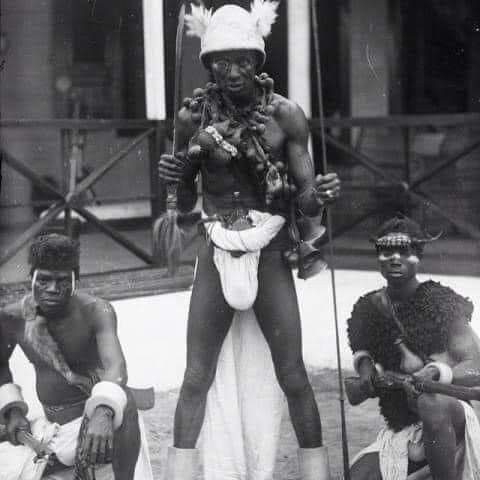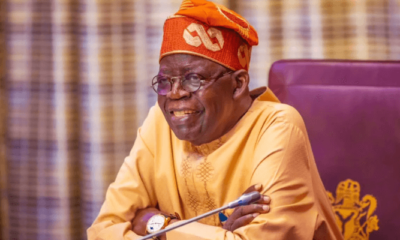Forgotten Dairies
The Igbo People And Their Quest For Freedom: A Critical Reflection On The Ekumeku War(1883 – 1914)
The war raged on, till 1914, when the Ekumeku movement was defeated. That was the same year, the Northern and Southern protectorates of Nigeria were joined as one country.

Historically, the resolutions of the Berlin conference of 1884-1885, gave the European nations the rights to lay claim to the lands and resources in Africa.
Britain, who had engaged in the trade with coastal cities before and during the 19th century, made bold their intentions to covet resources and rule over indigenous nations all over Africa. Tribes resisted the British invaders, and this led to protracted wars. Many African tribes put up a great fight against the superior fire power of the suppressive British. One of such tribes are the Igbo people of the South East Nigeria.
The Ekuemeku Movement was the name of Anioma warriors, that held the British at bay and fought them for 31 years, from 1883-1914.
The reason was to prevent the British from entering not only in Anioma land but also in Igbo land in general. They defended the Igbo People’s rights to live peacefully without foreign interjection. According to information, the British first invaded Ndoni in 1870 and bombarded Onicha-Ado (Onicha) on November 2nd, 1897, from River Niger and then engaged the Anioma people of Ibusa in 1898. While the war continues, some British besieged Arochukwu, which was the centre of the Aro Confederacy on November 1901 and destroy the Aro Kingdom in 1902. On November 16th, 1902, a British man, known as J.F. Stewart, riding his bicycle arrived in Ahiara was killed by the Community(Ahiara) warriors. The British man’s bike and skin colour was something the Ahiara People had never seen before, and killed him in fear and confusion of who and what he was. This incident sparked an investigation and search from British forces, who killed many People from Ahiara Community(in the present Mbaise LGA) in reprisal of Stewart’s death. Between 1904 to 1906 the people of Owa/Okwunzu, fall out with the British and many casualties were recorded, though the People of Owa killed one of the British commanders, S. O. Crewe.
The People of Ogwashi-Ukwu faced the British on the 2nd of November 1909, and dealt a heavy blow to the British, who sustained many casualties. With the death of another British Captain H. C. Chapman, the Ekumeku Movement became a formidable force in Igbo land and was a great source of nationalism for the Anioma people. The war would have lasted longer, and possibly ended in a British defeat, if the Anioma people had equivalent fire power, and had more allies from other great Igbo kingdoms and towns. But even at that point, other tribes were facing the British on their own.
The war raged on, till 1914, when the Ekumeku movement was defeated. That was the same year, the Northern and Southern protectorates of Nigeria were joined as one country.
Till today, The Ekumeku war remains one of most bravely fought wars and campaign against British rule not only in Nigeria but in Africa in general.
The Ekumeku and indeed the Igbo community, have long been defeated, but no matter how far we travel in time, history always remembers that a brave tribe defended their ancestry, heritage and legacy against the tyranny of Wilberforce.








